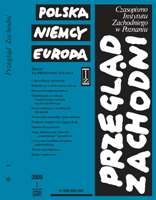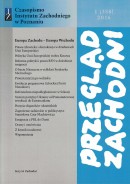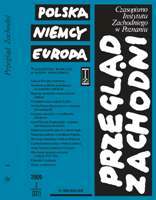
The State of the Natural Environment and the Environmental Conservation Activity of the UN
Stan środowiska naturalnego oraz działania ONZ na rzecz jego ochrony
Protection of the natural environment is one of the fundamental problems of the contemporary world. The major threats of the 21st century include global warming, water pollution and decreasing water resources, deforestation and loss of biological diversity. Many international organizations engage in counteracting the effects of those threats and the United Nations Environment Programme plays an important role in this respect. The organization is an agenda of the UN, founded in 1972 to monitor the state of the natural environment worldwide and to identify problems that require international cooperation. Furthermore, it assists in the codification of the international law for natural environment conservation and recommends implementation of national environmental policies by governments in various countries. The article also presents the genesis and structure of the organization and the range of its activities. Special emphasis is placed on the role of the UNEP as administrator of the Secretariat of the United Nations Convention on Climate Change. This is followed by a discussion of the results of the 14th Conference of Parties to the Convention that took place in Poznań from 1st to 12th December 2008.
More...

